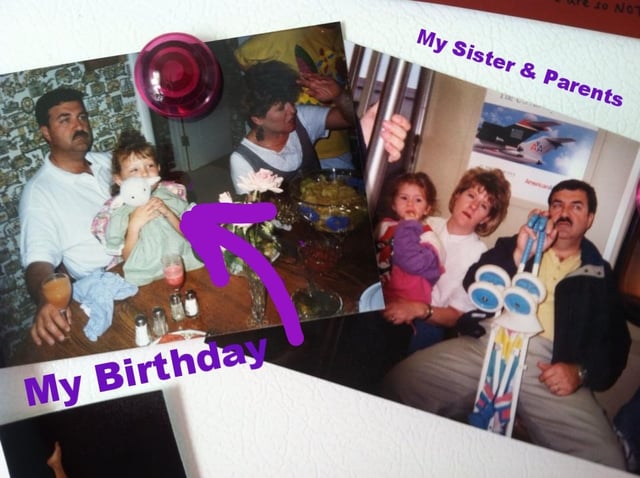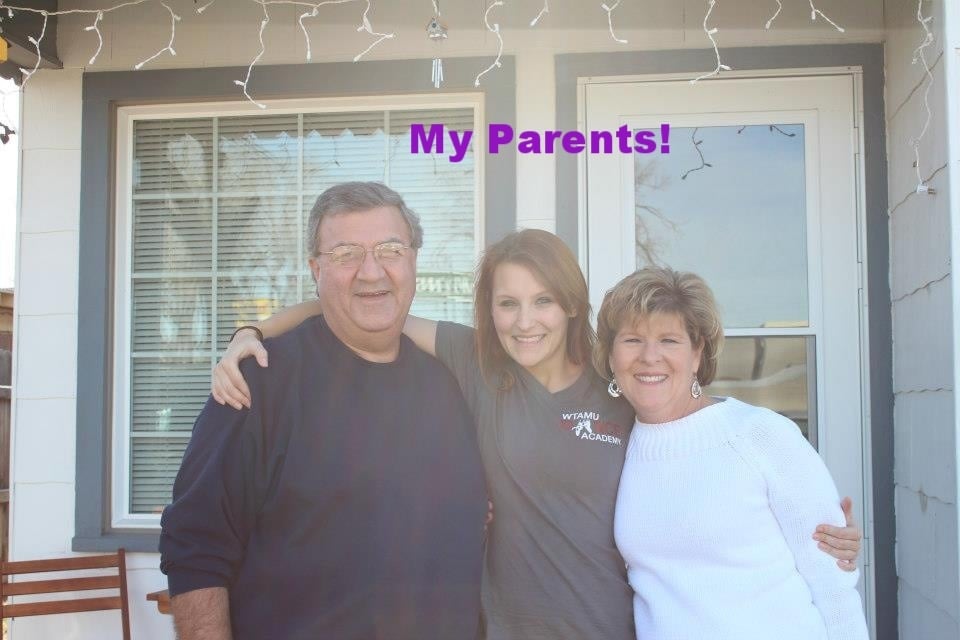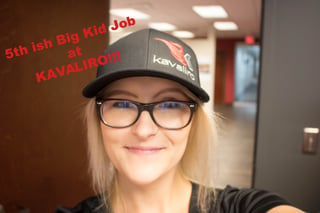
How to Deal with Dyslexia at Work Part 1
Hi,
 I am Kati Watson and I am the Coorporate Marketing Manager here at Kavaliro. You see me like all the time and you don't even know it! I am behind everything social, most blog posts, some webdesign stuff and well a whole lot more. I am also severly dyslexic. I assume that by now you have figured out that this whole blog has been left unedited other than any editing that the computer automaticly does. Why are we leving it unedited well, so you can see what I deal with ever single day. I am breaking this blog post down in to a few sections I hope you will stick around till we get to the bottom!
I am Kati Watson and I am the Coorporate Marketing Manager here at Kavaliro. You see me like all the time and you don't even know it! I am behind everything social, most blog posts, some webdesign stuff and well a whole lot more. I am also severly dyslexic. I assume that by now you have figured out that this whole blog has been left unedited other than any editing that the computer automaticly does. Why are we leving it unedited well, so you can see what I deal with ever single day. I am breaking this blog post down in to a few sections I hope you will stick around till we get to the bottom!
What is Dyslexia?
According to the International Dyslexia Association "Dyslexia is a language-based learning disability. Dyslexia refers to a cluster of symptoms, which result in people having difficulties with specific language skills, particularly reading. Students with dyslexia usually experience difficulties with other language skills such as spelling, writing, and pronouncing words. Dyslexia affects individuals throughout their lives; however, its impact can change at different stages in a person’s life. It is referred to as a learning disability because dyslexia can make it very difficult for a student to succeed academically in the typical instructional environment, and in its more severe forms, will qualify a student for special education, special accommodations, or extra support services." I copy and pasted that from their website so that there would be no spelling errors.
So, the short version is Dyslexcia is where a persons brain can not comprehend sounds, letters, and physical writing in the same way as everyone elses.
My Story:
When I was in the first grade my teacher Mrs. Apple (yes that was her name) recomended to my parents that I get tested for learning disabulitys. I went and did oodles of tests. It turned out to be a good news bad news situation. Good news as a first grader I had the vocabulary of an 8th grader. Bad news I pretty much could not read or right.

My parents made the hard decision to hold me back a grade. I was a fantasticly social and bright young kid so it was not an easy choice for them. They also enrolled me in special language therapy classes to learn how to read and right. I just have to take a quick secound to thank Lou Ann Cozart. Mrs. Cozart was my laugage therapy teacher and beside my parents she is the reason I have been able to accomplish as much as I have in my life. In these classes I had to learn how to learn, all the simple things that come easy for kids like how to spell and read I had to practice. I was tought what sounds combinations of letters make (ex. a 'R' sounds like "er"), the i before e rule and more. I am not going to lie it was really hard and my mother and I had so so so many fights while doing homework (sorry mom).

I went to public school starting in the third grade. Long story but the short version is I was tested privately for my dyslexcia and my public school would not recognize the results so I was given no special help. I mean I got a little bit of help like the teacher would give me 10 spelling words insted of 15, and they would ignore some of my spelling mistakes on my papers but for the most part I went through out my educational career with out any formal assistance. Evne in college I would go in and tell my teachers my story but I never got extra time on assignemnts or on tests (there were a few who would help me proofread stuff so that was awesome, shout out to Dr. B and Dr.P).
Quick side note: Once I asked a teacher how to spell a word and she told me to go look it up in the dictionary. Word of advice- don't do that. Funny thing about being deslexic is that the longer I think about a word the more ways I can thing of to spell it. Example: minute, minete, minuet, minet... I can go on and on. So I learned to spell by sounding things out and thinking about the rules I learned, wich works great unless it is a tricky word like minute (the measurement of time not some thing small).
 Now I find my self in a new place in my life. I am on my fith ish big kid job after graduating college. One of my first big kid jobs was a disaster when it came to the company dealing with my dyslexcia. But that whole experance turned out to be an eye opener and I learned a lot. First I learned I am not going to put up with discrimination, secound I learned that there are ways for me to be a successful marketer even with this challenge that I have lived with my whole life.
Now I find my self in a new place in my life. I am on my fith ish big kid job after graduating college. One of my first big kid jobs was a disaster when it came to the company dealing with my dyslexcia. But that whole experance turned out to be an eye opener and I learned a lot. First I learned I am not going to put up with discrimination, secound I learned that there are ways for me to be a successful marketer even with this challenge that I have lived with my whole life.
Feelings & Stuff:
I am oddly proud of being dyslexic. A lot of people see it as a bad thing, but I don't at all. I see it more as a badge of honor, I made it this far in my life and I like to think I am doing pretty dang well. My brain works diffrently than most peoples and I think that has given me a secrit advantage in life. I am super duper good a puzzels and see connections that others struggle to see.
I know this blog is title how to deal with dyslexia at work but I feel like it is super important that I tell you my story before I tell you my secrits to success, and how a terrabule, horibule, no good, very badly spelled, blog like this becomes something amazing.
Find Part 2 HERE